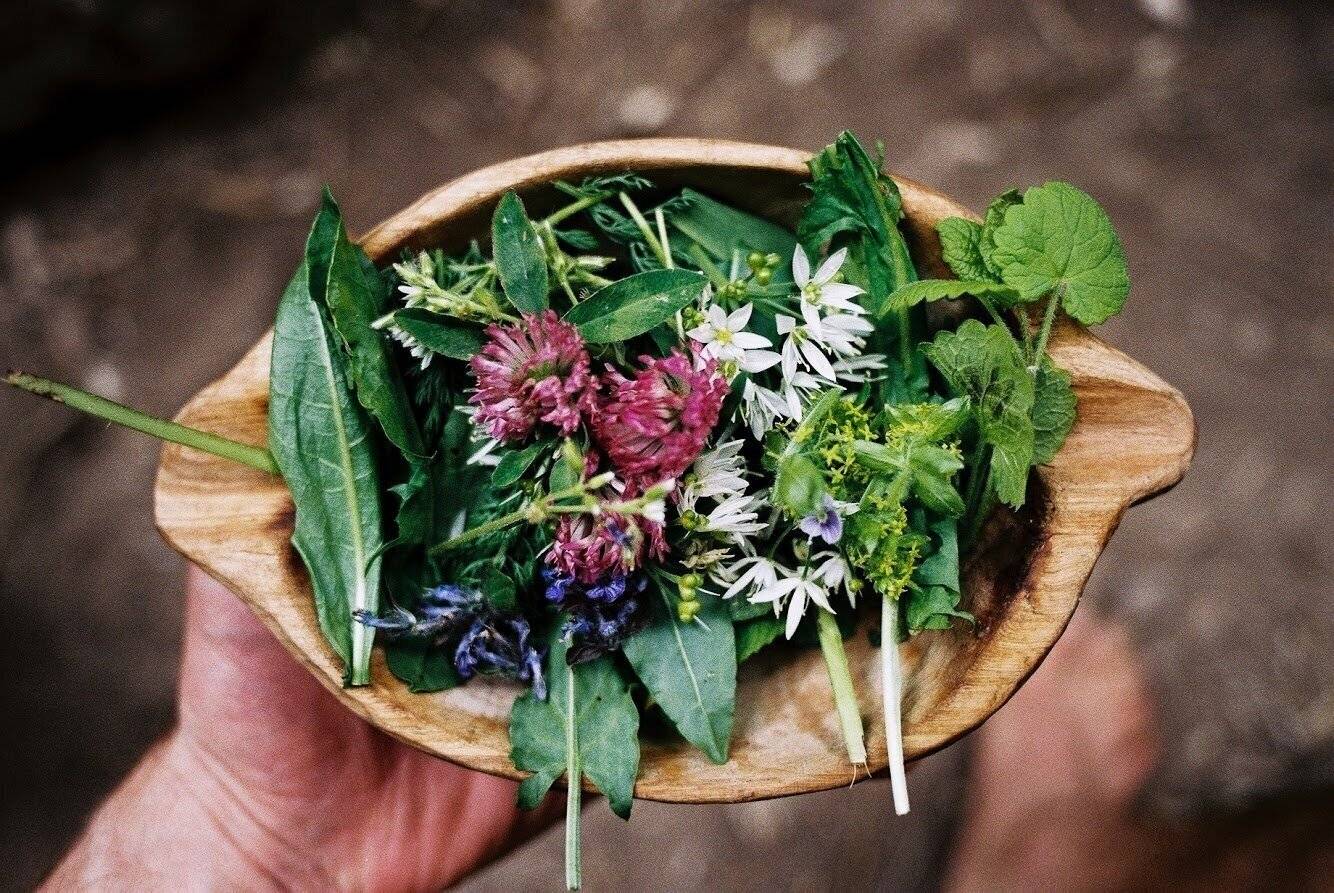
Ethnobotany is the study of how people use plants in their daily lives. This fascinating field connects botany with anthropology, revealing the deep relationship between humans and flora. From ancient remedies to modern medicines, plants have always played a crucial role in human culture. Did you know that many of our everyday spices and herbs have roots in traditional practices? Or that some plants hold spiritual significance in various cultures? Ethnobotany helps us understand these connections, preserving traditional knowledge while also contributing to scientific advancements. Ready to learn some intriguing facts about this unique discipline? Let's dive into the world of ethnobotany and uncover its secrets!
What is Ethnobotany?
Ethnobotany is the study of how people from different cultures use plants. This field combines botany and anthropology to understand the relationship between humans and plants. Here are some fascinating facts about ethnobotany.
-
Ethnobotany comes from the Greek words "ethnos" (people) and "botanikos" (plants).
-
Richard Evans Schultes is considered the father of modern ethnobotany. He spent over a decade studying plants in the Amazon rainforest.
-
Ethnobotanists often work closely with indigenous communities to learn about traditional plant uses.
-
Medicinal plants are a major focus in ethnobotany. Many modern medicines are derived from plants used by indigenous people.
-
Ethnobotany helps preserve traditional knowledge that might otherwise be lost.
Historical Significance
Plants have played a crucial role in human history. Ethnobotany helps us understand this historical significance.
-
Ancient Egyptians used plants like aloe vera and garlic for medicinal purposes.
-
The Silk Road facilitated the exchange of plants and plant knowledge between East and West.
-
Native Americans used over 2,500 different plant species for food, medicine, and rituals.
-
The Doctrine of Signatures was a historical belief that plants resembling body parts could cure ailments of those parts.
-
Tea was first used as a medicinal drink in ancient China before becoming a popular beverage.
Modern Applications
Ethnobotany isn't just about the past. It has many modern applications that impact our daily lives.
-
Pharmaceutical companies often collaborate with ethnobotanists to discover new drugs.
-
Agriculture benefits from ethnobotany through the identification of pest-resistant plant varieties.
-
Cosmetics use plant extracts for their beneficial properties, many of which were discovered through ethnobotanical research.
-
Sustainable practices in farming and forestry often draw from traditional knowledge studied by ethnobotanists.
-
Food industry innovations, like new flavors and health foods, often come from ethnobotanical discoveries.
Cultural Importance
Ethnobotany reveals the deep cultural connections people have with plants.
-
Sacred plants like peyote and ayahuasca are used in religious ceremonies by various cultures.
-
Cultural rituals often involve specific plants, such as the use of mistletoe in Druid ceremonies.
-
Traditional crafts like basket weaving and dyeing often rely on specific plants.
-
Folklore and myths frequently feature plants, reflecting their importance in cultural narratives.
-
Cuisine in many cultures is deeply influenced by the local flora, with traditional dishes often using native plants.
Conservation Efforts
Ethnobotany plays a vital role in conservation efforts around the world.
-
Biodiversity hotspots are often identified through ethnobotanical research.
-
Endangered plants can be protected by understanding their cultural significance and uses.
-
Conservation programs often involve local communities, drawing on their traditional knowledge.
-
Seed banks preserve plant genetic diversity, many of which are identified through ethnobotanical studies.
-
Sustainable harvesting practices are developed with the help of ethnobotanical knowledge.
Future of Ethnobotany
The future of ethnobotany looks promising with new technologies and methodologies.
-
DNA analysis helps ethnobotanists identify plant species and their uses more accurately.
-
Remote sensing technology allows for the study of plant use in hard-to-reach areas.
-
Interdisciplinary research combines ethnobotany with fields like ecology, pharmacology, and sociology.
-
Digital databases are being created to store and share ethnobotanical knowledge globally.
Ethnobotany's Impact on Our World
Ethnobotany isn't just about plants; it's about the deep connection between humans and nature. This field helps us understand how different cultures use plants for medicine, food, and rituals. These insights can lead to new medicines and sustainable practices. By studying traditional knowledge, we can find solutions to modern problems like climate change and food security. Ethnobotany also promotes biodiversity conservation, ensuring that valuable plant species aren't lost. It's a bridge between ancient wisdom and modern science, showing us that there's still much to learn from nature. So, next time you see a plant, remember it might hold secrets that could benefit us all. Ethnobotany reminds us to respect and protect our natural world, as it holds the key to our future well-being.
Was this page helpful?
Our commitment to delivering trustworthy and engaging content is at the heart of what we do. Each fact on our site is contributed by real users like you, bringing a wealth of diverse insights and information. To ensure the highest standards of accuracy and reliability, our dedicated editors meticulously review each submission. This process guarantees that the facts we share are not only fascinating but also credible. Trust in our commitment to quality and authenticity as you explore and learn with us.
